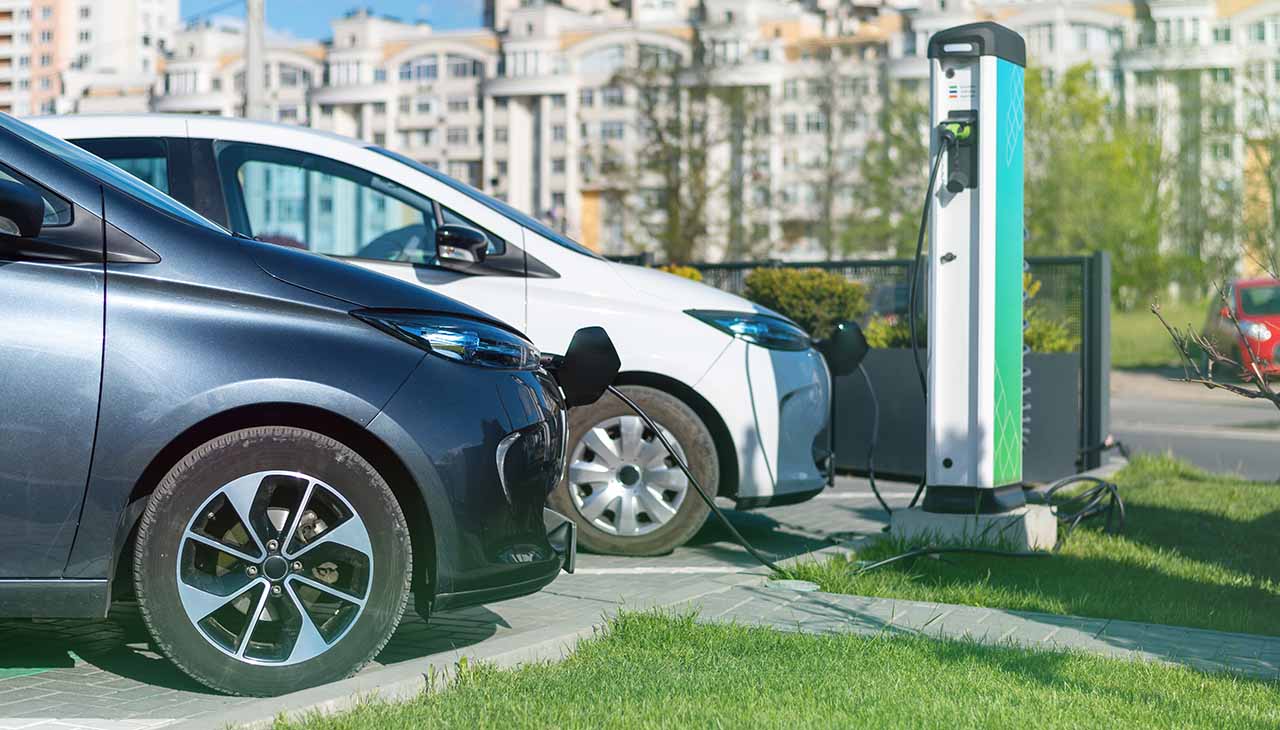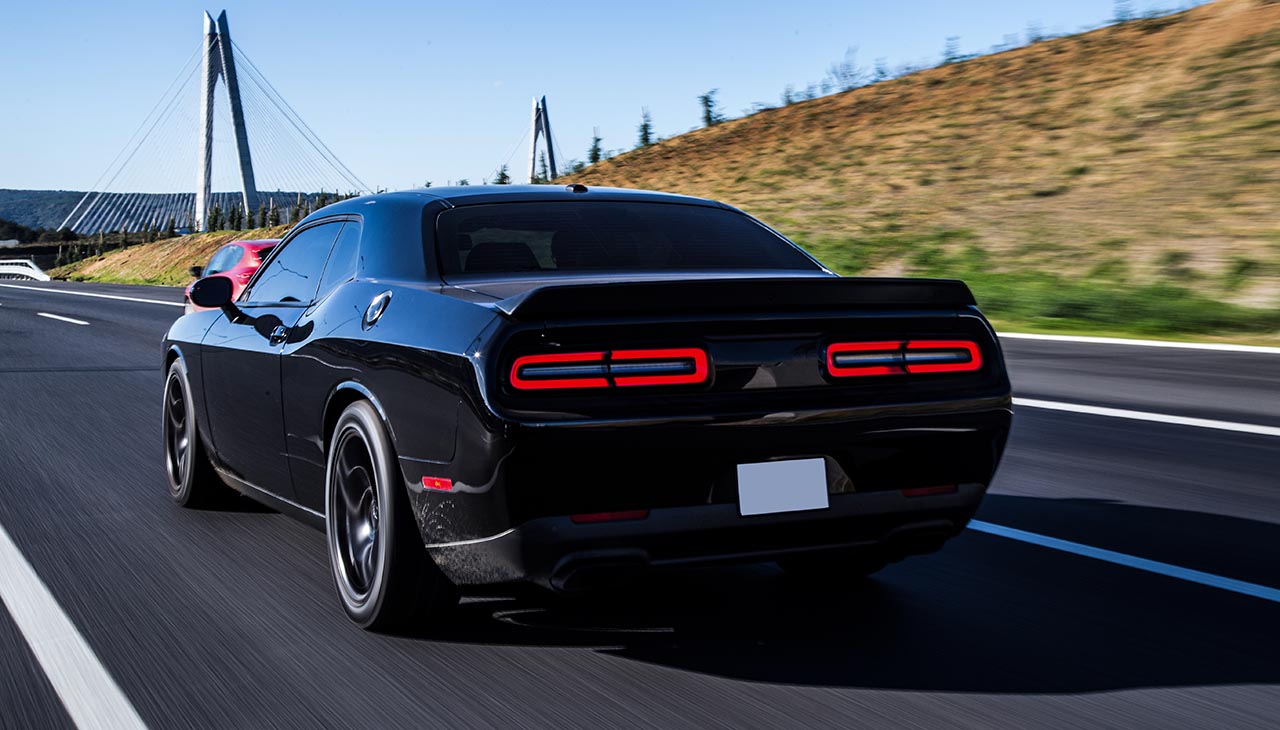In the rapidly evolving landscape of transportation, electric vehicles (EVs) have emerged as a beacon of innovation and sustainability. With advancements in battery technology, increased awareness about environmental issues, and growing consumer interest, the EV market is burgeoning with options. This review dives into the best electric vehicles currently available, analyzing their performance, range, charging capabilities, and overall value to help you make an informed decision in your quest for a cleaner, greener mode of transportation.
Environmental Impact
Comparison of Emissions Between EVs and Traditional Vehicles
Electric vehicles (EVs) significantly reduce the amount of greenhouse gases and pollutants released into the atmosphere compared to their internal combustion engine (ICE) counterparts. Traditional vehicles rely on burning fossil fuels, emitting carbon dioxide (CO2), nitrogen oxides (NOx), and particulate matter, contributing to air pollution and climate change. On the other hand, EVs produce zero tailpipe emissions. It’s essential to note that the overall environmental impact of EVs also includes emissions from electricity production. However, with the increasing share of renewable energy sources in the electricity mix, the carbon footprint of charging EVs is progressively decreasing, making them an increasingly cleaner alternative.
Discussion of Sustainability Benefits
Beyond reducing emissions, electric vehicles offer several sustainability benefits that contribute to a healthier planet. The shift towards EVs is anticipated to decrease oil dependency, thus reducing the environmental hazards associated with oil extraction, transport, and processing. Electric vehicles also tend to have a longer lifespan and lower maintenance requirements due to fewer moving parts, which contributes to reducing waste and conserving resources over time. Furthermore, innovations in battery technology and recycling processes are enhancing the sustainability of EVs even further, promising a future where transportation aligns closer with environmental conservation and sustainability goals.
Top EV Models
Tesla Model S
Features and Performance
The Tesla Model S stands out in the electric vehicle market due to its remarkable combination of performance, innovation, and luxury. Equipped with one of the most advanced electric powertrains on the market, it can accelerate from 0 to 60 mph in just a matter of seconds, challenging even the most capable sports cars. The Model S also boasts an impressive range, capable of traveling hundreds of miles on a single charge, thanks to its highly efficient battery system. Additionally, it features cutting-edge technology, including autopilot capabilities, a minimalist interior with a massive touchscreen interface, and regular over-the-air updates that enhance the car’s features over time.
User Experience and Reviews
Owners of the Tesla Model S often praise its exhilarating acceleration, high-end comfort, and the convenience of Tesla’s widespread Supercharger network. Reviews frequently highlight the vehicle’s futuristic interior design and the seamless integration of technology for an enhanced driving experience. However, some users have reported concerns regarding the reliability of certain components and the responsiveness of Tesla’s customer service.
Nissan Leaf
Affordable Options for Electric Commuting
The Nissan Leaf serves as a testament to the accessibility of electric mobility, offering an affordable entry point into the world of EVs. With a range suitable for daily commuting and a price tag that undercuts many competitors, the Leaf makes a compelling case for individuals looking to transition to electric driving without breaking the bank. It’s equipped with essential features that cater to the needs of most drivers and demonstrates that electric vehicles can be practical for a broad audience.
Sustainability Features
In addition to its zero-emission advantage, the Nissan Leaf incorporates a range of sustainability features. These include eco-friendly materials within the cabin, energy-efficient components, and innovative technologies like bi-directional charging, allowing the vehicle to not only consume electricity but also supply it back to the grid, further enhancing its eco-credentials.
Chevrolet Bolt
Range and Charging Capabilities
The Chevrolet Bolt impresses with its balance of range and affordability, offering a practical electric driving experience for everyday use. It boasts a competitive range per charge, ensuring that most drivers’ daily needs are comfortably met without suffering from range anxiety. The vehicle supports fast charging, which allows for a significant recharge in just minutes, making it more convenient for longer journeys or quick top-ups.
User Feedback
Owners of the Chevrolet Bolt commend the vehicle for its spacious interior, despite its compact exterior dimensions, and appreciate the straightforward, user-friendly technology features. The Bolt’s practicality as an all-electric daily driver receives high marks from users. However, some critiques have been aimed at the interior’s material quality and the initial purchase cost compared to other EVs with similar specifications.
Charging Infrastructure
Overview of Current Charging Infrastructure
The current landscape of electric vehicle (EV) charging infrastructure is rapidly evolving to meet the increasing demand for electric mobility. Across urban areas, highways, and residential communities, a network of charging stations is becoming more visible, aiming to provide convenient charging solutions that cater to various lifestyles and travel needs. Public charging stations vary in charging speed, offering Level 1 (slow), Level 2 (moderate), and DC fast charging options to suit different scenarios. Despite significant growth, the distribution of charging infrastructure remains uneven, with dense networks in metropolitan areas and sparser availability in rural regions. Efforts are ongoing to enhance accessibility, ensuring that EV charging is as straightforward as refueling a conventional vehicle.
Advancements in Fast-Charging Technology
Fast-charging technology is a crucial component in the development of the EV ecosystem, enabling drivers to recharge their vehicles in significantly less time. Recent advancements have significantly improved the efficiency and convenience of fast charging. Innovations in battery technology and charging hardware are pushing the limits of how quickly EVs can be charged, with some systems now capable of adding hundreds of miles of range in under 30 minutes. Additionally, the introduction of ultra-fast charging stations promises to further reduce charging times, making electric travel more compatible with the demands of long-distance journeys and busy lifestyles. These technological advancements are key to increasing the adoption of electric vehicles, providing the convenience and confidence that users demand.


